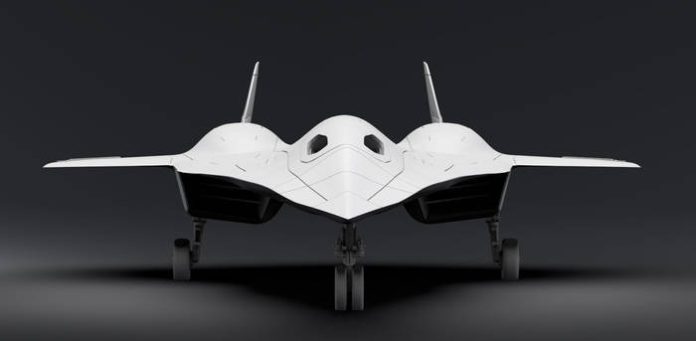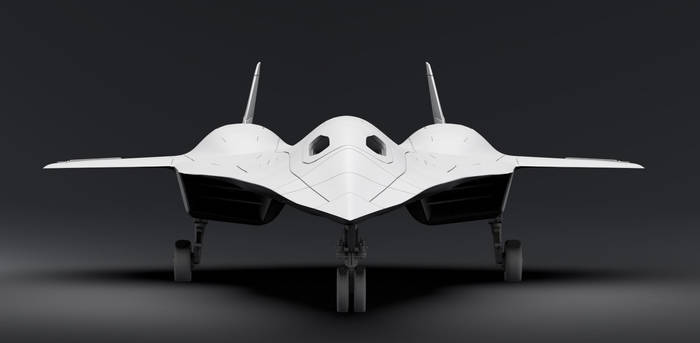
Hypersonic Evolution: The SR-72 “Son of Blackbird” Set to Reshape Aerial Reconnaissance
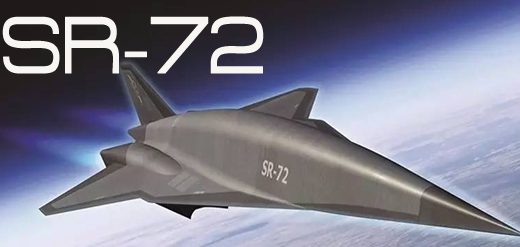
The forthcoming SR-72 “Son of Blackbird,” Lockheed Martin’s rumored hypersonic successor to the legendary SR-71 Blackbird, has captured the imagination of military aviation enthusiasts and defense experts alike.
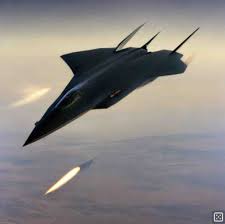
Slated to be the fastest plane ever developed, the SR-72 has been shrouded in mystery since hints of its existence surfaced, but recent reports suggest a debut that is poised to revolutionize the skies.
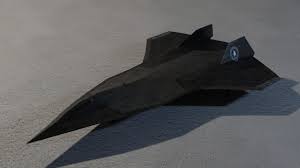
At the heart of the SR-72 “Darkstar” are its projected capabilities. This unmanned aerial vehicle (UAV) is expected to break the sound barrier and then some, reaching over 4,000 mph (6,437 kph) – a speed that would enable it to jet from the U.S. to Europe in about 90 minutes.
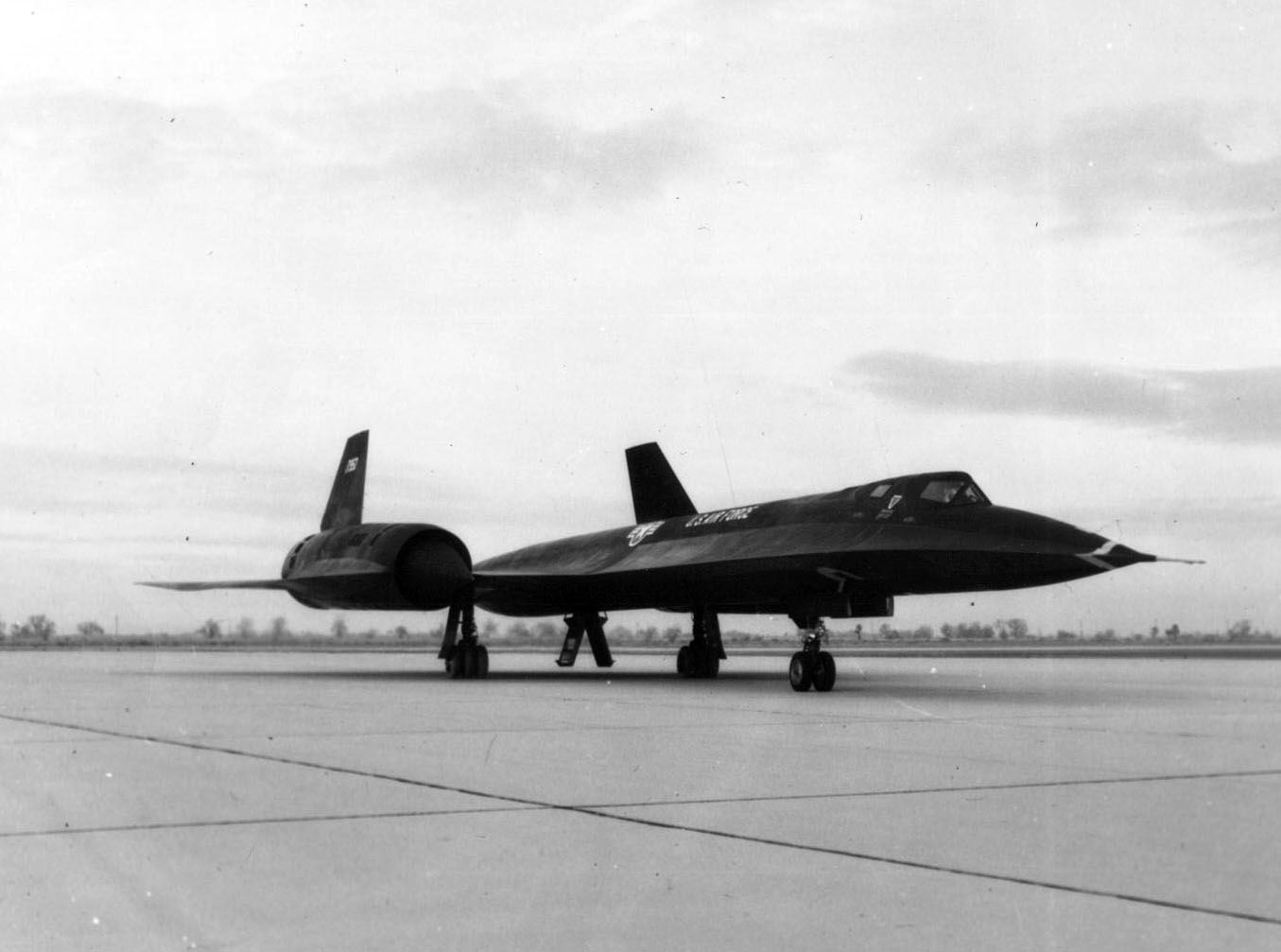
The SR-72 is not only a successor to the SR-71 in terms of speed and altitude but also its anticipated role in intelligence, surveillance, and reconnaissance (ISR) operations.
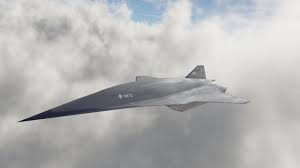
With a legacy that includes the SR-71 “Blackbird” – an aircraft that still holds several records and is revered as the highest-flying, fastest plane built – the SR-72 has substantial shoes to fill.
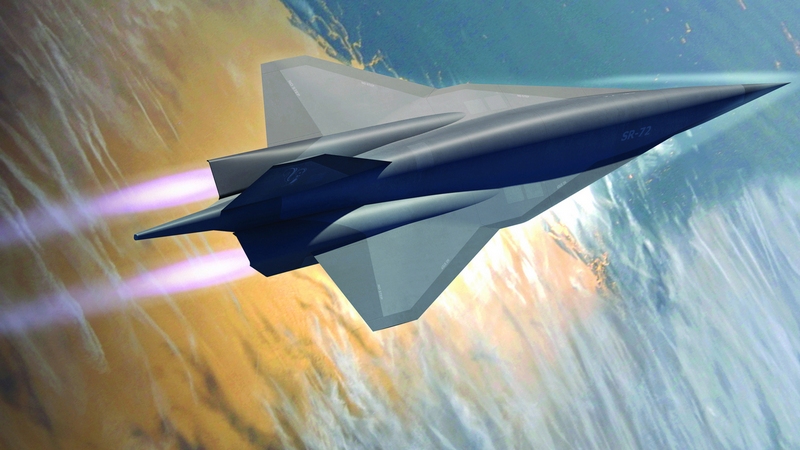
The SR-71, known for outrunning over 4,000 missiles fired at it, was an emblem of American aeronautical prowess, outpacing threats with blistering speeds over Mach 3.0. The SR-72 aspires to push this envelope further by targeting hypersonic speeds over Mach 5.0, making it effectively untouchable by modern air defenses.
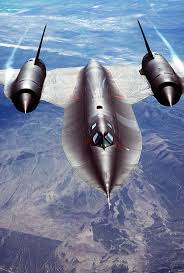
Lockheed Martin’s Advanced Development Programs, famously known as “Skunk Works,” spearheads the development of the SR-72. It is reported to be an autonomous aircraft, leveraging advanced jet engine technology nearly 60 years after the development of its predecessor.
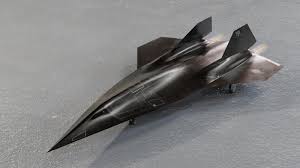
As Brad Leland, Lockheed’s program manager, stated, “Hypersonic aircraft, coupled with hypersonic missiles, could penetrate denied airspace and strike at nearly any location across a continent in less than an hour.” This indicates a significant leap in aeronautical technology, with the SR-72 set to play a critical role in U.S. national security and reconnaissance capabilities.
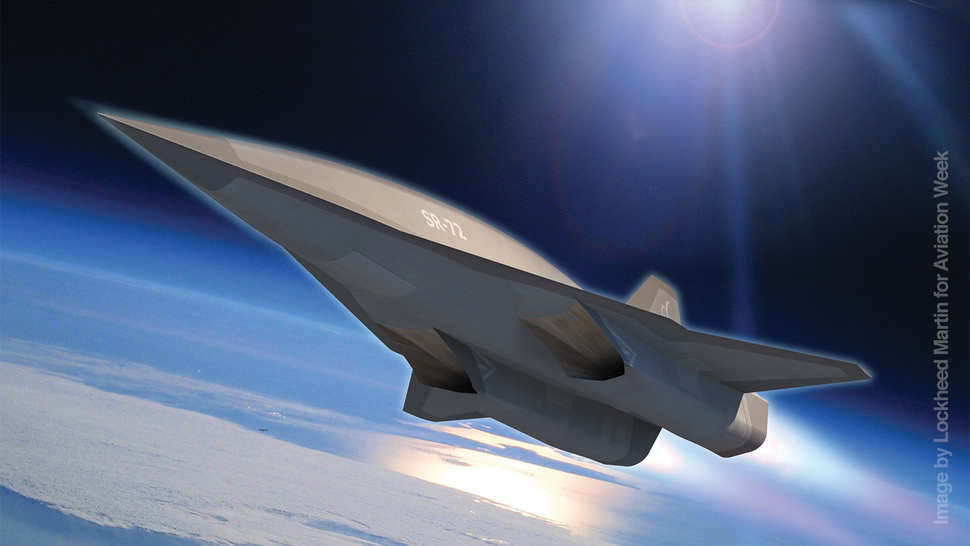
One of the key technological advancements for the SR-72 is the turbine-based combined cycle (TBCC) hypersonic propulsion system.
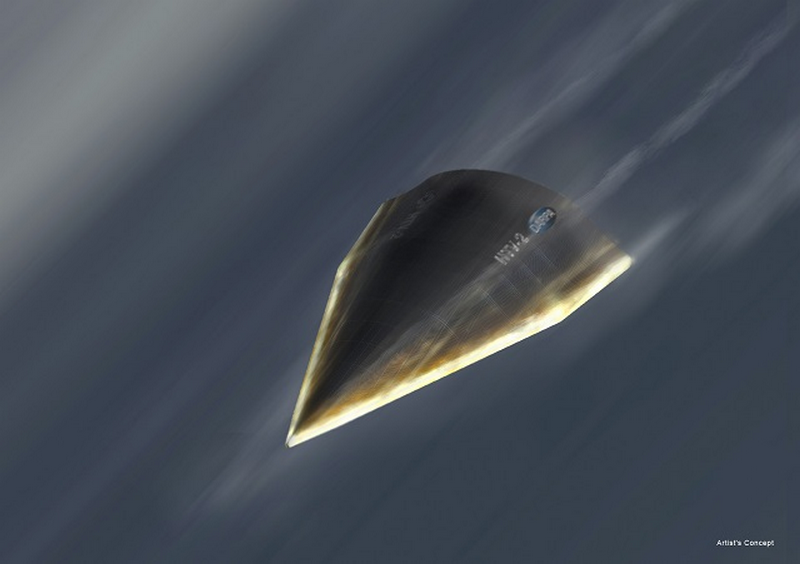
This system marries turbofan engines, commonly used in modern tactical aircraft, with a supersonic combustion ramjet (scramjet) capable of achieving and maintaining speeds beyond Mach 5, and potentially exceeding Mach 10.
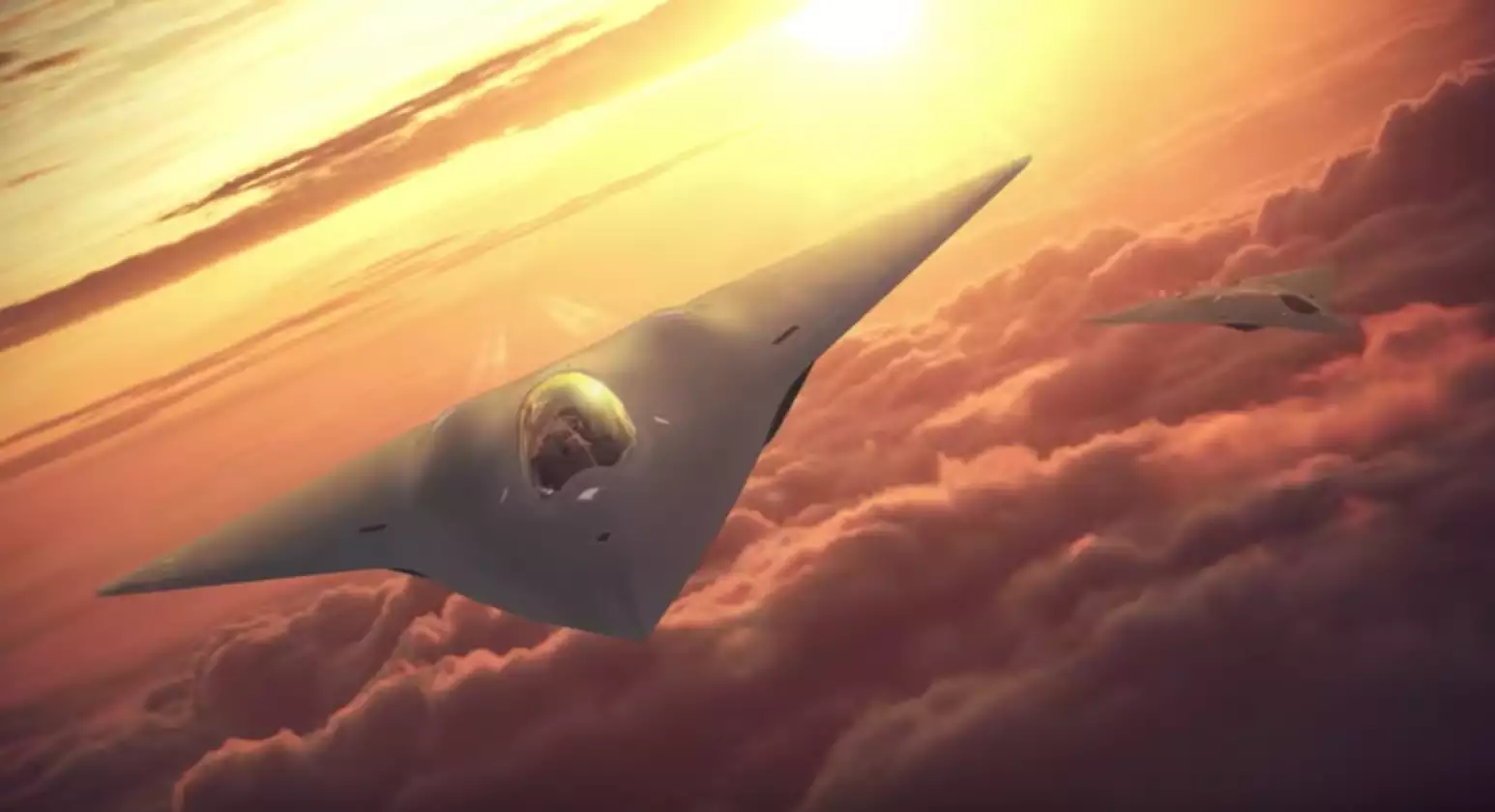
Such speeds have traditionally only been achieved by rocket-powered aircraft, spacecraft, or single-use technology demonstrators.
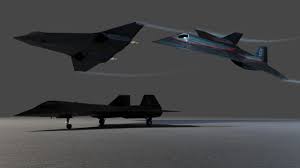
In the context of contemporary geopolitics, with Washington racing for next-generation military capabilities, and Moscow furthering its hypersonic developments, the timely production of the SR-72 is pivotal.
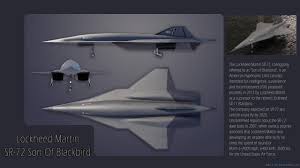
While firm details about the SR-72 remain elusive and the Air Force has yet to acknowledge it officially, the veil over this secretive project has been lifted to a certain extent, thanks to statements from credible sources and mounting evidence.

Vago Muradian, editor-in-chief of the Defense & Aerospace Report, hinted that the SR-72 might have already been delivered to the Air Force, showcasing the secrecy and speed of development characteristic of Skunk Works projects.
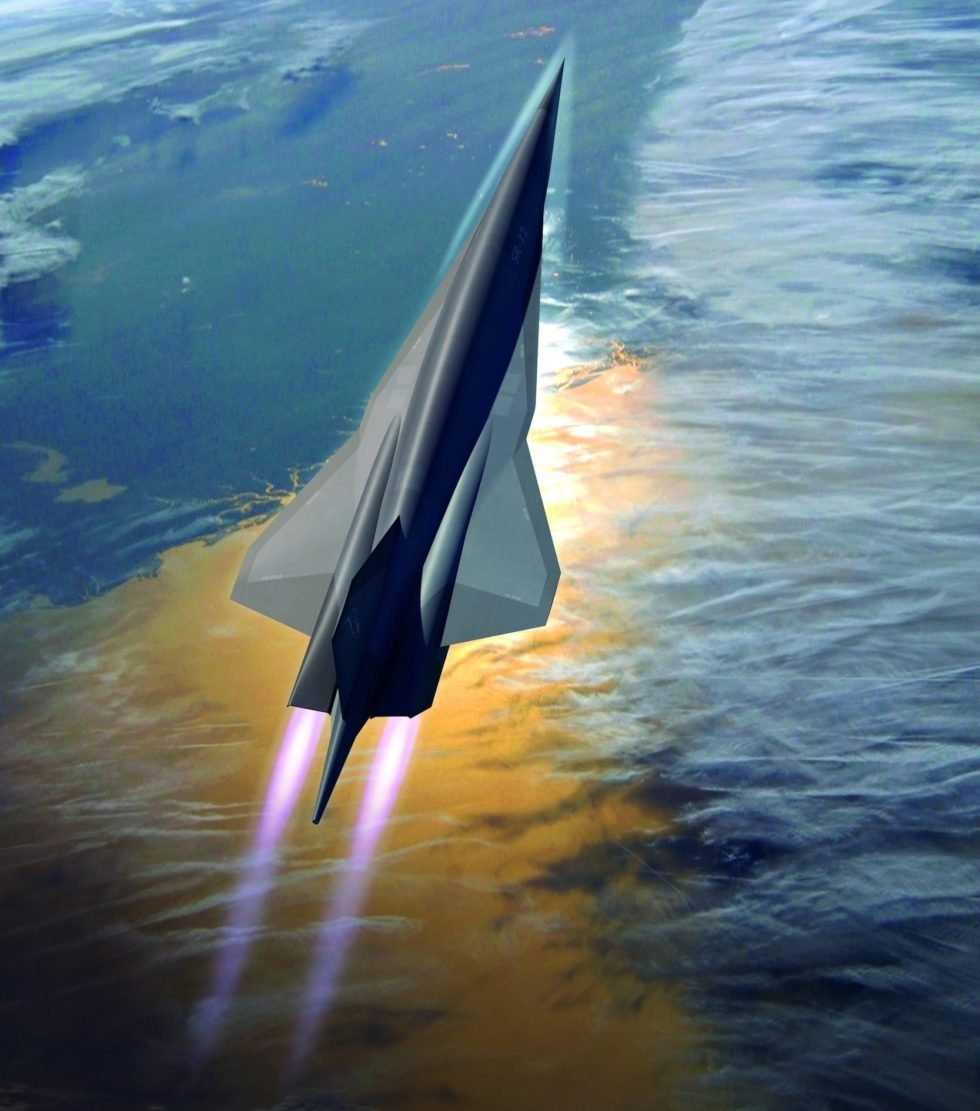
The Air Force’s hypersonic roadmap initially targeted the development of a hypersonic strike weapon by 2020, and the SR-72 is slated to enter service by 2030.
Relevant articles:
– ‘Son of Blackbird’: Secret US hypersonic jet to allegedly debut in 2025, Interesting Engineering
– Lockheed Martin SR-72 Son of Blackbird or Darkstar: What We Know Right Now, The National Interest
– SR-72? Hints of a new Skunk Works spy plane reignite rumors of a Blackbird successor, Sandboxx
– New Hypersonic Spy Plane Being Developed by Lockheed Martin, Yahoo
